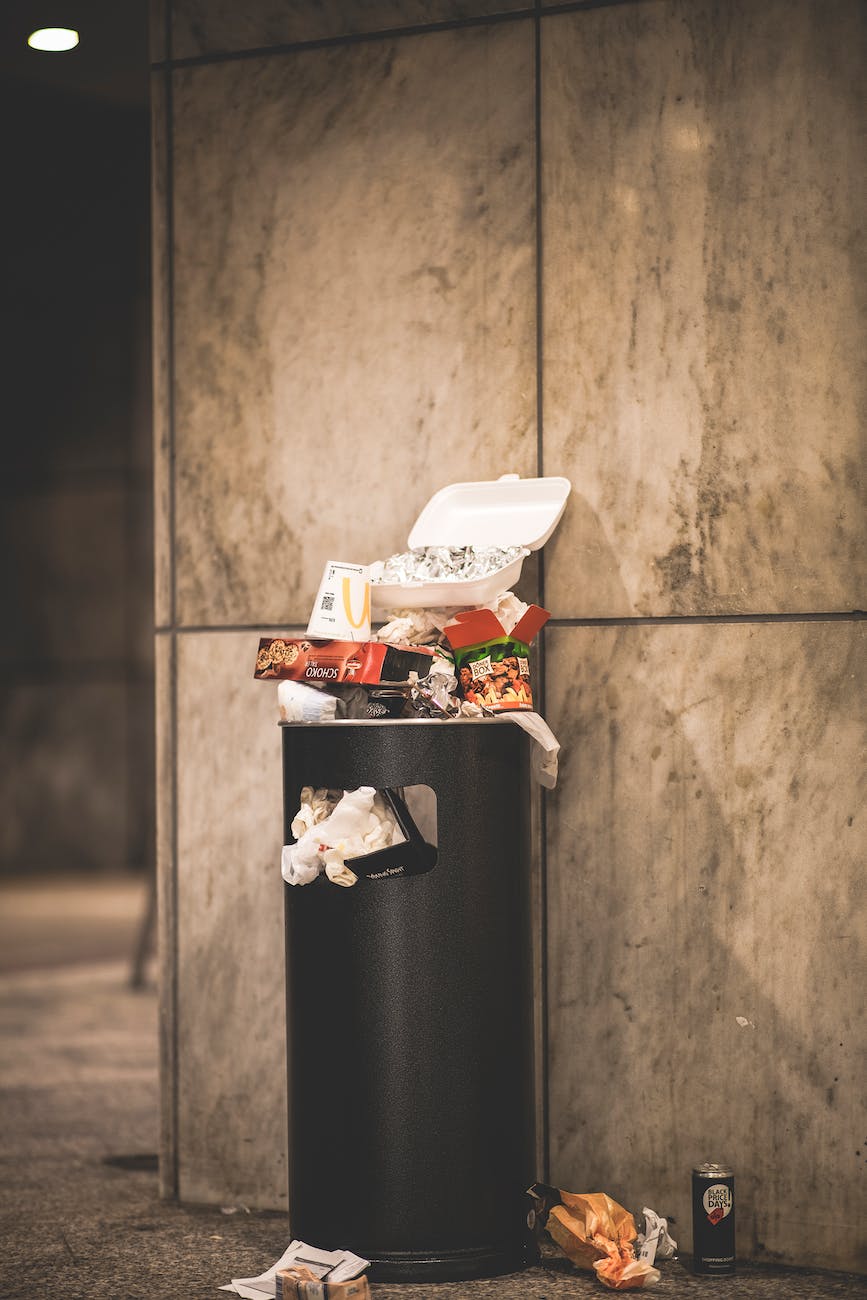“Whatever the mind of man can conceive and believe, it can achieve.”
– Napoleon Hill
This quote is a stark reminder that the mind is one powerful tool. Bend it one way or another and it can do anything within the confines of modern physics.
For a personal example, I once set off to test and understand my level of discomfort and contentment by becoming a full-blown minimalist and living out of a backpack for at least one year.
Reflection
I reflected a good way into my minimalist self-discovery journey:
Over eight months and thousands of miles later, I now own under thirty items, including a great car that gets me all around this gorgeous country.
My next stop is Ecuador to visit a rekindled friendship from elementary school and explore the many volcanos, caves, and jungles that Ecuador offers.
After that, I will spend some time with dear family and friends in DC before jumping across the pond, as they say in England, to Portugal, and eventually all of southern Spain.
At each spare bedroom or couch, hostel dorm room, or campsite, I let go of something else. Whether it be an article of clothing or a gadget I barely use.
As such, I get to a place of intention, where what I own provides a real sense of purpose and is therefore deeply valued.
But even when something provides both those things now doesn’t mean it will provide it later. That’s when I let go.
What the mind of man can conceive and believe is incredible, and can be quite helpful and constructive.
Take harvesting for example: Farmers work day and night in the field, toiling with their hands and dragging their feet to produce a bountiful and abundant harvest. Through the process, the farmer grows proud of their work and because of it understands the earth and its provisions in great detail.
On the other hand, what the mind of man can conceive and believe is equally incredible, and can be greedy, gluttonous, and costly.
During the Industrial Revolution, man was working towards a future that was better and faster than the previous generation. This conception is called consumerism and it’s factually unsustainable.
Consumerism is both unsustainable for the planet and for human progress, it’s illogical and bewildering really.
And we are wasting such precious human talent on selling more and more and more junk.
I believe we have danced around the seriousness of consumerism for far too long just so we can lay in the comfortable piles of stuff a for little longer.
There is a tangible necessity to redefine capitalism so that it’s both beneficial for us and the planet.
How do we consciously consume without becoming overly dependent on products and their successors?
The company that immediately comes to mind is Apple. It’s a company that I have personally wasted money on my entire adult life.
Do I buy the newest iPhone? Do I upgrade to the newest AirPods? Do I wait until a newer version or do I buy it now?
The amount of time I spend contemplating Apple products and services is honestly ridiculous. My talent is wasted in rumination about a stupid new gadget or gizmo (as my dad calls them).
The fact is, Apple does make great products and services, but there is no need to upgrade every time a new version is released. Doing so costs so much hard-earned money, and more importantly, valuable time.
Apple is no different from any other company born out of capitalism, with majority shareholders, wealthy investors with lots of special interests, and a bottom line for unimpeded growth.
The questions we should be asking ourselves are:
“Does this product or service serve a purpose in my life right now?”
“Does this product or service work just fine in my life right now?”
If our answer is yes, then we can keep and use the product or service until it doesn’t serve a purpose in our lives anymore.
If our answer is no, then we can get creative, try a way to fix it, sell it, or give it to someone who would value it.
These two simple yet powerful questions remind us to come back to what matters, using our many products to fulfill us in some way, and then becoming resourceful in keeping our things in shape.
Another word for this is frugality: A prudent and sparing use or appropriation of anything.
In behavioral science, frugality has been defined as the tendency to acquire goods and services in a restrained manner, and resourceful use of already owned economic goods and services, to achieve a longer-term goal.
Encouragement
I know this all sounds daunting and difficult but it doesn’t need to be. All it takes is a little reflection, taking note of the things we own, and then deciding to keep them or not.
I encourage us to come back to the present moment, remembering that we already have everything we need to be happy and healthy.
And our capability to be happy and healthy is rooted in mindfulness.
Beyond this is desire, the wanting of the mind.
Remembering this will help alter our relationship with consumerism and clarify our needs.
Resources
Thank you deeply for your time and attention in reading this post, it is a rare gift these days.
Feel free to comment, like, and share it. You can also support me by Buying Me A Coffee. Thank you in advance!

Leave a Reply